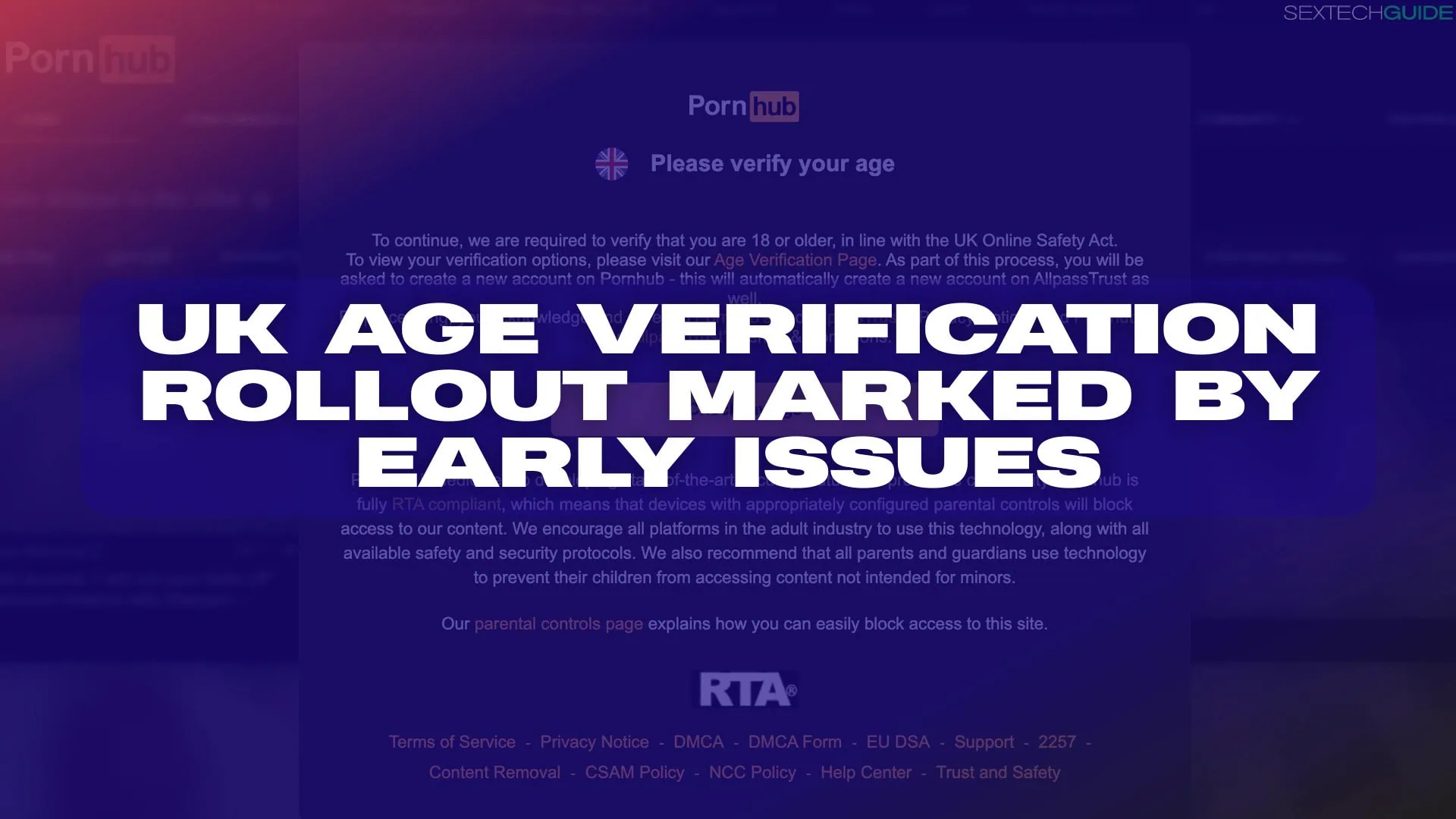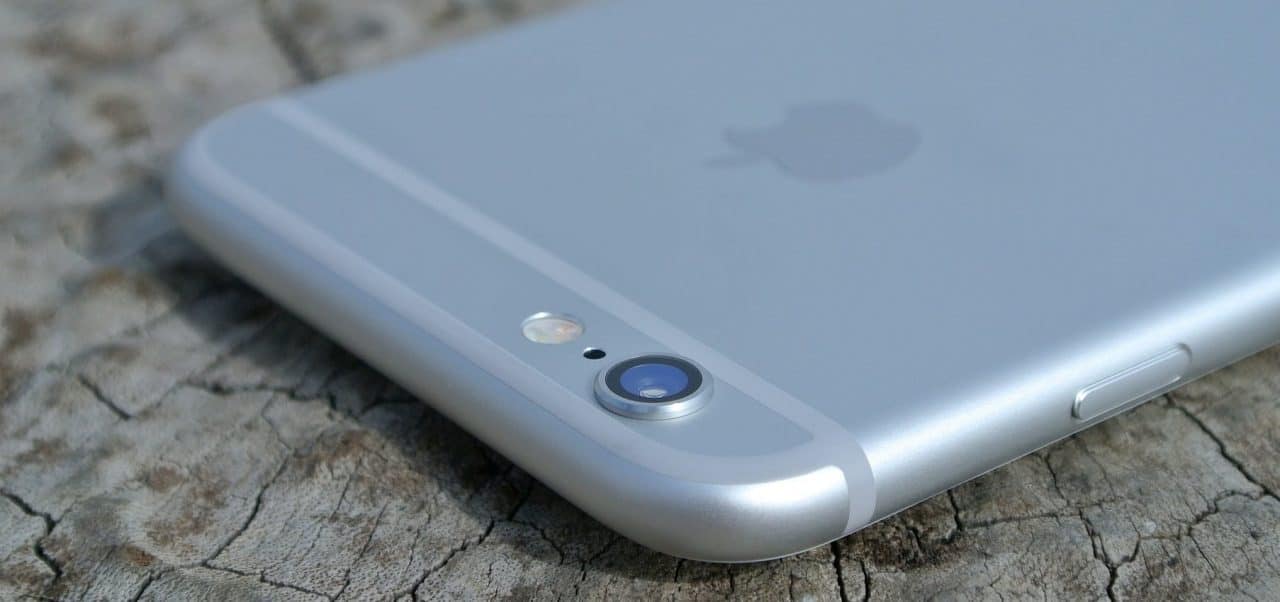A deepfake ‘x-ray vision’ app that algorithmically undressed photos of women was taken down by its creator last week.
Users of the $50 DeepNude app could upload a photo of a clothed woman and an algorithm would impose realistic-looking breasts and vulva onto the image. In other words, this means that even someone who had never taken a nude photograph could end up being the victim of revenge porn.
The app only worked with images of women, because – according to its creator, who goes by the alias “Alberto” – “it’s easy to find thousands of images of nude women online in porn.”
But in the statement announcing the removal of the site, its creator said “the world is not yet ready for DeepNude.”
“Alberto” removed the DeepNude after a Motherboard article reporting the story led the site to crash due to traffic overload.
https://twitter.com/deepnudeapp/status/1144307316231200768
The statement said: “We created this project for users’ entertainment… we never though it would become viral and we would not be able to control the traffic. Despite the safety measures adopted (watermarks), if 500,000 people use it, the probability that people will misuse it is too high.”
Deepfake technology already exists – and there’s no single solution
Despite DeepNude’s creator saying the world isn’t ready for the app yet, the tech is clearly already there. Simply hoping that no one will abuse the technology isn’t enough, but there’s no one simple solution to tackle the issue. And it’s an issue that extends beyond porn. Just like fake news in the written media, superimposed and edited imagery look more and more like the real deal, and it’s getting increasingly difficult to distinguish the differences.
DeepNude was able to transform user-uploaded photos within seconds by using generative adversarial networks (GANs), which use an algorithm to recreate images through a huge selection of images.
The app was free to download, but users had to pay a one-off $50 fee to permanently remove watermarks from the images. When you think about how far-reaching the consequences of a superimposed image of a non-consenting woman could be, $50 doesn’t seem all that much.
This is where the real problem lies. While DeepNude’s creator removed the site, the technology is already out there. Yes, PornHub and Reddit are just two porn-sharing sites that have banned deepfake images and videos, but versions of DeepNude will already be circulating on the internet as I type. And what’s there to stop people creating similar content on other sites? Even DeepNude’s creator said what you could do with the app you could also do with Photoshop, after a few hours of tutorial.
Simply hoping that people will avoid creating deepfake imagery due to its questionable morals doesn’t go far enough.
Read Next: UK to review laws around deepfake and revenge porn















Leave a Reply